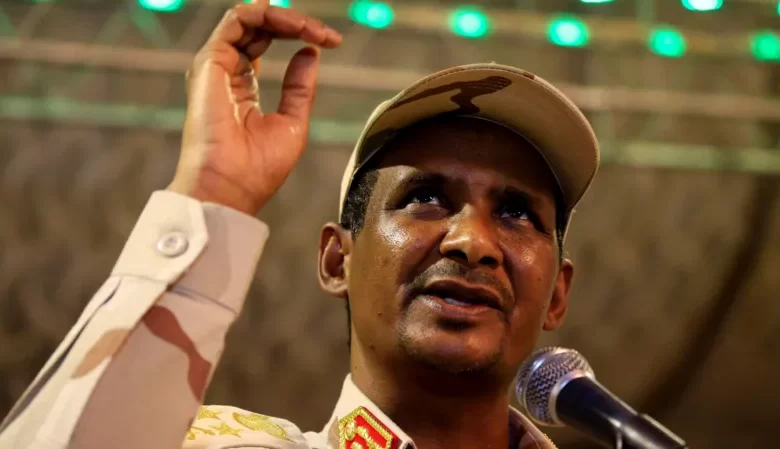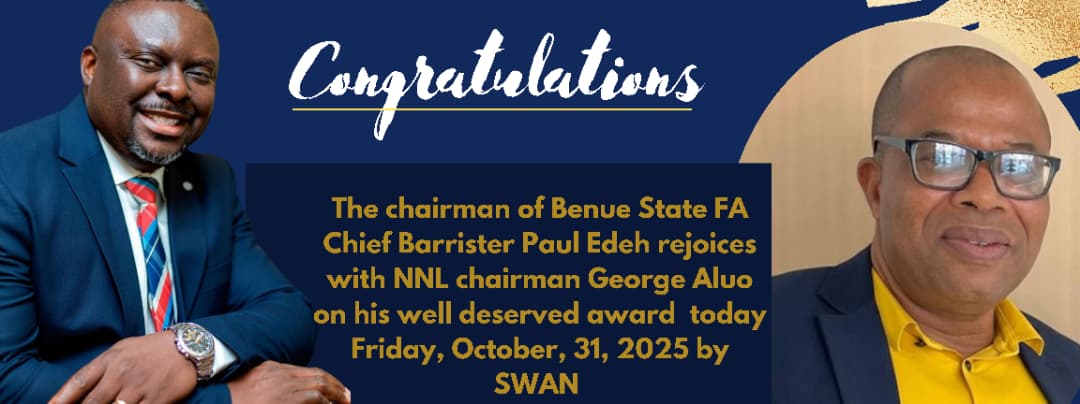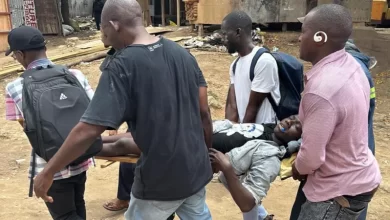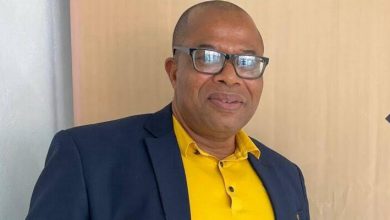
The leader of Sudan’s paramilitary Rapid Support Forces (RSF) has declared an investigation into what he called violations committed by his soldiers during the capture of el-Fasher.
The announcement by Gen Mohamed Hamdan Dagalo, known as Hemedti, came after escalating reports of civilian killings following the RSF takeover of the city in the Darfur region on Sunday.
The RSF leader spoke after international outrage about reports of mass killings in el-Fasher, apparently documented by his paramilitary fighters in social media videos.
A spokesman for the paramilitary group has since denied further accusations by medics that the RSF had killed more 400 people at a hospital in the city on Tuesday.
The UN Security Council is holding an emergency session on Sudan, which is in its third year of civil war between the army and the paramilitary fighters.
British Foreign Office Minister Stephen Doughty said the United Kingdom had called the meeting as the “scale of suffering is unconscionable, often based on ethnicity, women and girls facing sexual and gender-based violence, and there is evidence mounting of defenceless civilians being executed and tortured”.
He was responding to an urgent question tabled in Parliament by Labour MP and former Development Minister Anneliese Dodds, who said the hospital attack “surely must be a turning point in this war and the international community’s focus on it”.
The RSF has also denied widespread allegations that the killings in el-Fasher are ethnically motivated and follow a pattern of the Arab paramilitaries targeting non-Arab populations.
Hemedti said he was sorry for the disaster that had befallen the people of el-Fasher and admitted there had been violations by his forces, which would be investigated by a committee that has now arrived in the city.
However, observers say similar promises made in the past in response to accusations of a massacre in the Darfuri city of el-Geneina in 2023, and alleged atrocities during the group’s control of the central state of Gezira were not fulfilled.
The UN World Health Organization (WHO) has said it is appalled and deeply shocked by reports that more than 460 civilians, including patients and their companions, were shot dead, at the last partially functioning hospital in el-Fasher.
Analysts from the Yale Humanitarian Research Lab say satellite images that appear to show groups of bodies on the hospital grounds corroborate the accounts.
But an RSF spokesman insisted that civilians had fled and no hospitals were operational when the paramilitary group seized the city last weekend.
Mohamad Faisal, a spokesperson for the Sudan Doctors Network based in the United Kingdom says their teams on the ground had confirmed the attack on el-Fasher’s Saudi Hospital as seen in social media footage.
“What we have seen is actually absolutely horrific,” he told the BBC’s Newsday programme.
“The RSF soldiers went into the wards killing inpatients as well as going to the outpatient areas and killing the people who are waiting to be seen in the clinics”.
Dr Faisal said it had been a terrible three days for his colleagues, some of whom had managed to escape, making the dangerous journey to the town of Tawila, about 60km (37 miles) west of el-Fasher.
Others were still in el-Fasher, where an estimated 250,000 people, many from non-Arab communities, have been trapped during the RSF’s 18-month siege of the city.
From statistics, the Sudan Doctors Network had pulled together, he put the figure of those killed at the hospital at 450.
“There were 200 inpatients were killed and then they were 250 between the outpatients and people visiting the hospital,” Dr Faisal said.
Throughout the 550 days of the siege the RSF had often targeted the hospital, which has mainly been dealing with cases of severe malnutrition, he said.
“Air drone strikes and artillery shelling” on the facility had increased in the last couple of months, he added.
About 5,000 people had arrived in Tawila from el-Fasher in recent days, most traumatised and a very weak condition, often suffering abuse, violence and racketeering en route, according to Caroline Bouvard from the aid group Solidarités International.
“We’ve had many confirmations of rapes and gender-based violence,” she told BBC Newsday, adding that they also confirmed the recent accounts of summary executions.
Activists have also stepped-up demands for international pressure on the United Arab Emirates (UAE), which is widely accused of providing military support to the RSF.
The UAE denies this despite evidence presented in UN reports.
El-Fasher had been the army’s last stronghold in the western region of Darfur, and was captured by the RSF after the long siege marked by starvation and heavy bombardment.
The takeover of el-Fasher reinforces the geographic split in the country, with the RSF now in control of western Sudan and much of neighbouring Kordofan to the South, and the army holding the capital, Khartoum, Central and Eastern regions along the Red Sea.
The two warring rivals had been allies , coming to power together in a coup in 2021 but fell out over an internationally backed plan to move towards civilian rule.
The African Union’s Peace and Security Council has called for humanitarian corridors to be opened to allow life-saving aid for those in el-Fasher and an immediate investigation to bring to account those responsible for the atrocities.
“The investigations by themselves right now will not bring succour to those living in terrible conditions in Sudan, which incidentally is the world’s worst humanitarian situation,” Dr Mohamed Ibn Chambas, chair of an AU panel on Sudan said.
For more than 500 days the people of el-Fasher and its surrounds had “experienced hell on Earth”, he said.
“We have said time and again that there can be no military solution to the Sudanese crisis, and this is why we have been engaged in working with civilian and political groups to convene an all-Sudanese inclusive dialogue.
“We need now to work with the Sudanese to tackle the root causes of their problem, which they themselves admit has to do with exclusion. Failure to manage diversity in Sudan has been at the heart of the recurrent crisis the country has experienced since its independence in 1956,” Chambas said.











